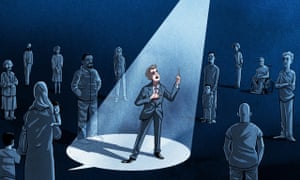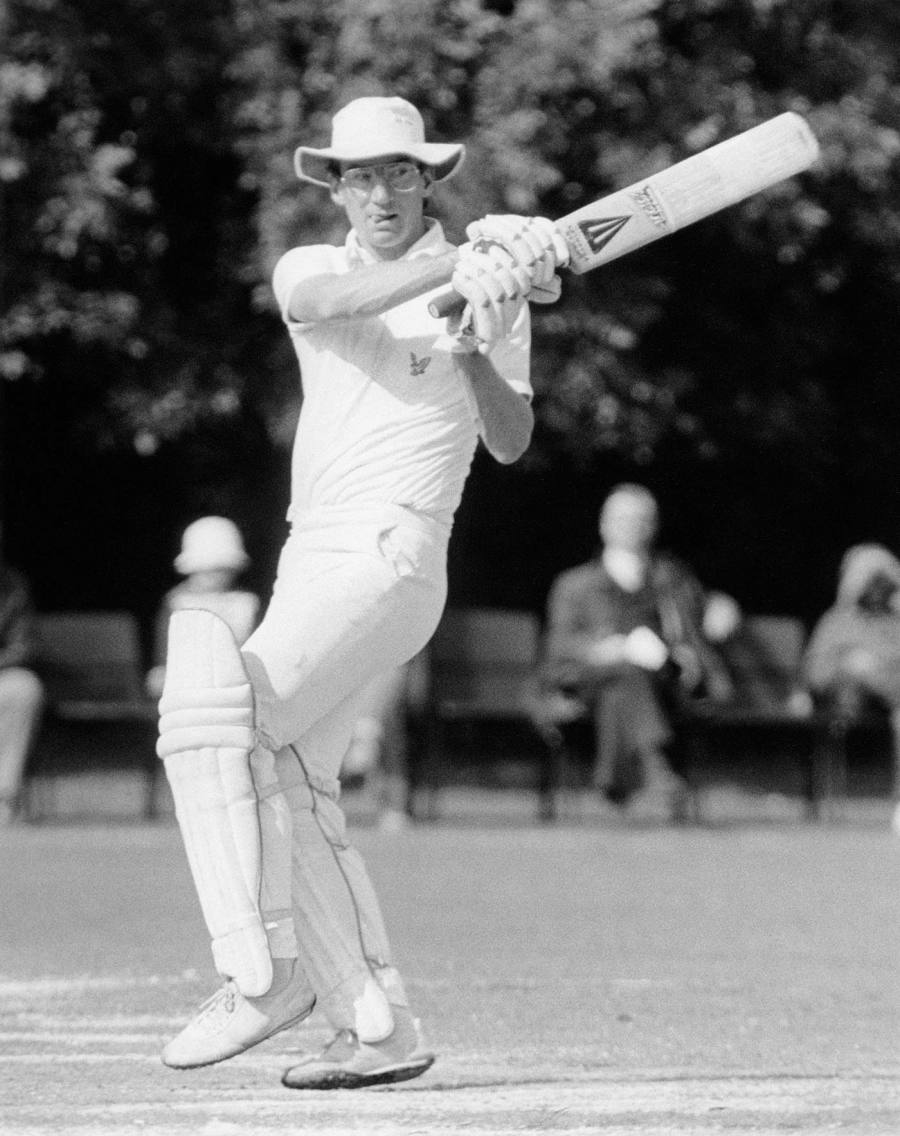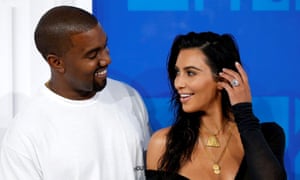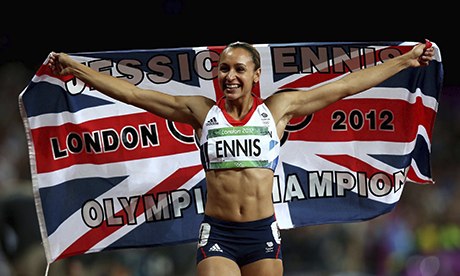 Migrant workers in Delhi trying to get back to Uttar Pradesh amid the nationwide Covid-19 lockdown | Photo by Suraj Singh Bisht | ThePrint
Migrant workers in Delhi trying to get back to Uttar Pradesh amid the nationwide Covid-19 lockdown | Photo by Suraj Singh Bisht | ThePrintThe modern world is facing its worst crisis in coronavirus pandemic and what are Indian celebrities doing? Well, many clapped and banged pots and pans on 22 March at 5 pm following Prime Minister Narendra Modi’s call, and filmed themselves while doing so. Others are showing us how to do dishes and clean the home, participating in mock celebrity bartan-jhadu-poncha (BJP) challenges. The rest of the world is trying to help find a cure for the deadly virus or providing monetary assistance to the poor or arranging equipment for medical workers, underlining yet again the generosity gap between other countries’ and India’s elite.
Tennis star Roger Federer donates $1.02 million to support the most vulnerable families in Switzerland during the coronavirus crisis; India’s former cricket captain Sourav Ganguly gives away Rs 50 lakh worth of rice in collaboration with the West Bengal-based company Lal Baba Rice, in what is clearly a sponsored, mutual brand-building exercise. Chinese billionaire Jack Ma donates one million face masks and 500,000 coronavirus testing kits to the United States, and pledged similar support for European and African countries; Amitabh Bachchan uses social media to spread half-baked information — such as ‘flies spread coronavirus’ — and wonders if the clanging of pots, pans and thalis defeats the potency of the virus because it was Amavasya on 22 March (he later deleted the tweet).
Hollywood’s golden couple Blake Lively and Ryan Reynolds announce they will donate $1 million to Feeding America and Food Banks Canada that work for low-income families and the elderly; while Indian cricket and Bollywood’s beautiful match Virat Kohli and Anushka Sharma get into familiar lecture mode, asking everyone to “stay home and stay safe”. This follows Anushka Sharma’s earlier run-in with a ‘luxury car’ passenger where she ticked him off for violating PM Modi’s diktat of Swachh Bharat.
Where the rich are charitably poor
What makes rich and famous Indians so quick to lecture, especially on issues in congruence with government initiatives, but so loathe to help the poor desperately in need? The 2010 Giving Pledge by Warren Buffet and Bill Gates, to which five wealthy Indians are signatories, was meant to give a gigantic push to philanthropy worldwide. This was followed by India’s then minister of corporate affairs Sachin Pilot making it legally mandatory for companies to put aside charity funds for Corporate Social Responsibility (CSR) projects, making India the first country in the world to pass such a legislation. This year, an attempt to criminalise non-compliance was eventually softened after an uproar from corporates.
Philanthropy is up. According to Bain and Company’s annual Philanthropy Report 2020, domestic philanthropic funding has rapidly grown from approximately Rs 12,500 crore in 2010 to approximately Rs 55,000 crore in 2018. Contributions by individual philanthropists have also recorded strong growth in the past decade. In 2010, individual contributions accounted for 26 per cent of private funding, and as of 2018, individuals contribute about 60 per cent of the total private funding in India, estimated at approximately Rs 43,000 crore.
But in a prophetic warning, the report underscored the need for philanthropy ”to now consciously focus on India’s most vulnerable” and called for targeted action for the large population caught in a vicious cycle of vulnerability — precisely those worst hit by the coronavirus pandemic.
“The disadvantaged,” it said, “are unable to adapt to unpredictable situations that can push them deeper into vulnerability, such as climate change, economic risks and socio-political threats.” Even Azim Premji, who recently made news by committing 34 per cent of his company’s shares — worth $7.5 billion or Rs 52,750 crore — to his continuing cause, the public schooling system in India, has not set aside anything specific for those affected by the coronavirus. India’s second-richest man was the first Indian to sign The Giving Pledge.
Vaishali Nigam Sinha, Chief Sustainability Officer at Renew Power, started charity a few years ago to promote giving. Her experience has been less than happy. Indians, she finds, have refrained from planned giving for broader societal transformation. “Giving is individualistic and not driven via networks, which can be quite effective as we have seen in other parts of the world like the Bill and Melinda Gates Foundation. And in India, giving is usually done to get something back – to god for prosperity, to religious affiliations for advocacy of these platforms, and to government for business returns. Wealthy Indians need to learn to give in a planned way for greater social impact and transformation,” she says.
Little surprise then that India was ranked 124 in World Giving Index 2018 — and placed 82 in the 10th edition of the index compiled by Charities Aid Foundation looking at the data for 128 countries over the 10-year period.
All of us are in the same boat
But it’s not about celebrities or wealthy Indians alone. We are all in it together. Special planes are sent to bring back Indians stuck abroad due to the pandemic, but labourers and daily wage workers are left to walk hundreds of kilometres to reach their villages. Doctors treating coronavirus patients will be applauded but not allowed to enter their homes.
JNU sociologist Maitrayee Chaudhuri calls it a potent mix of selfishness, self care and entitlement. ”We have a complete disregard for people on the margins and on whose labour we sit. It is all about us and our safety,” she says. This communal selfishness is very different from the churning in the 19th and early 20th century, which led to enormous social reform movements. The slow and meticulous destruction of ‘secularism’, ‘socialism’ and ‘liberalism’ has helped. As has the rise of neoliberal ‘individual self centredness’. “Not to talk about smartphone dumbness,” she adds. There is an absence of empathy everywhere, filled instead with the noise of thalis being banged and bells being rung to show symbolic gratitude to those who serve us.
The examples of those who are giving are few and far in between. There is comedian Kapil Sharma, who is giving Rs 50 lakh to the Prime Minister’s Relief Fund and southern superstars Pawan Kalyan, Ram Charan and Rajinikanth. But in general, our stars have chosen to share very little. Former cricket captain M.S. Dhoni, for instance, has been reported to have donated Rs 1 lakh to a charity trust in Pune, which led to some criticism and a counter from his wife Sakshi, even though it wasn’t immediately clear which incident she was alluding to.
India Inc hasn’t fared much better either. When PM Modi asked everyone to show their support for health workers fighting coronavirus by applauding them, one of the country’s most proactive industrialists was among the first to tweet his support, and also one of the first to be trolled for it. He quickly responded by offering to manufacture ventilators, among other things. Reliance is reportedly donating a hospital for coronavirus patients, weeks after Isha Ambani had hosted a Holi party on 7 March — when the number of coronavirus cases had rapidly begun to rise. Her mother, after all, is the queen of giving, contributing to an array of eclectic causes, and has been honoured for it by getting elected to the board of New York’s Metropolitan Museum of Art in 2019 or by becoming the first Indian woman in 2016 to be elected to the International Olympic Committee for supporting the sporting dreams of seven million Indian children.
But for India’s corporate class, it took a nudge from the Principal Scientific Adviser K. Vijay Raghavan to remind them that healthcare and preventive healthcare are covered under Schedule VII of the Companies Act: “Hence supporting any project or programme for preventing or controlling or managing COVID19 is legitimate CSR (CSR) expenditure.” He also quickly got an office memorandum issued by the Ministry of Corporate Affairs a day later.
Elites’ capitalist worldview
Is there a kindness deficit in India’s business elite as well, which mirrors the lack of empathy of the country’s middle class? Business writer and bestselling author Tamal Bandyopadhyay says there are exceptions but culturally, the Indian business community is not exactly fond of opening up its purse on its own unless there is a compulsion. “Even when the companies are compelled, they find ways to evade it. We all know how many of them handle their CSR activities through creation of trusts. When it comes to buying electoral bonds, the story is different.
“Similarly, some of them get excited and rush to do certain things to express solidarity with the government in power. For instance, when the push is on digitalisation, there are takers for adopting towns for digitalisation in constituencies which matter. Essentially, most of them don’t believe in doing things no strings attached. Of course, there are people who believe in doing things quietly but they are exceptions,” he says.
In Western nations such as the US, philanthropy has deeper roots, with the practice essentially starting through donations to religious organisations. By the late 19th century, there was a rise of secular philanthropists such as Andrew Carnegie and John D. Rockefeller, which Stanford professor Rob Reich has noted as being controversial and one way of cleansing one’s hands of the dirty money.
In his book Just Giving: Why Philanthropy is Failing Democracy and How It Can Do Better (2018), he has noted: “Big Philanthropy is definitionally a plutocratic voice in our democracy, an exercise of power by the wealthy that is unaccountable, non-transparent, donor-directed, perpetual, and tax-subsidised.”
A similar critique has come from Anand Giridharadas, whose Winners Take All: The Elite Charade of Changing the World makes the argument that the global financial elite has reinterpreted Andrew Carnegie’s view that it’s good for society for capitalists to give something back to create a new formula: It’s good for business to do so when the time is right, but not otherwise. According to Reich, philanthropy works when it is able to find a gap between what governments do and what the market wants.
Few people exemplify this better than Bill Gates, who has for long donated to the cause of global healthcare. The Bill and Melinda Gates Foundation has already contributed $100 million to contain the virus, which he declared a pandemic even before the World Health Organisation did. The Foundation’s newsletter The Optimist is also performing a key role in spreading critical information about the Covid-19 pandemic and dispelling myths.
Indian philanthropy isn’t secular
In India, the twain of religious giving and secular funding has not met. Management expert Nirmalya Kumar calls it a sensitive subject and says it is related to the philosophical concept underlying Indian religions such as Hinduism, Buddhism and Sikhism that believe in reincarnation. “Our soul starts life again in a different physical form based on the karma of previous lives. As such, as has been sometimes articulated to me, the lack of charity is an unwillingness to interfere with the consequences that God has determined appropriate. Who am I to come in between the person and their God?”
But the Rashtriya Swayamsevak Sangh (RSS) is traditionally known for engaging in social seva (not just swayam seva , or self service), evidenced by the Bharatiya Janata Party (BJP)’s decision to feed five crore people during the 21-day lockdown. Sikhism has a well-developed tradition of Guru ka langar, and it was on full display at Shaheen Bagh when ordinary Sikhs served food to people protesting against the Citizenship Amendment Act (CAA) and the National Register of Citizens (NRC).
Some business families also do philanthropic work, among them the Nilekanis, the Murtys and the older Bharatrams (their founder Lala Shri Ram founded Delhi Cloth Mills and set up several educational institutes like Shri Ram College of Commerce and Lady Shri Ram College). Radhika Bharatram, joint vice chairperson, The Shri Ram Schools, recalls growing up in a middle class, progressive home where her sister and she were encouraged to volunteer at the Cheshire Home and Mother Teresa Home. Marriage, she says, brought her into a home where making contributions to society was in the family’s DNA and she is now involved as a volunteer with organisations such as Delhi Crafts Council, Blind Relief Association, SRF Foundation, the CII Foundation Woman Exemplar Programme, and Cancer Awareness Prevention and Early Detection. What drives her is empathy: When “you come from a position of privilege, there is joy in making a difference to someone else’s life”. She says it motivates her when the purpose is greater than the individual.
Unfortunately, the middle class and the elites have tended to keep self interest above public interest. In the new world after the coronavirus pandemic, this is one attitude it must change.
In India, the twain of religious giving and secular funding has not met. Management expert Nirmalya Kumar calls it a sensitive subject and says it is related to the philosophical concept underlying Indian religions such as Hinduism, Buddhism and Sikhism that believe in reincarnation. “Our soul starts life again in a different physical form based on the karma of previous lives. As such, as has been sometimes articulated to me, the lack of charity is an unwillingness to interfere with the consequences that God has determined appropriate. Who am I to come in between the person and their God?”
But the Rashtriya Swayamsevak Sangh (RSS) is traditionally known for engaging in social seva (not just swayam seva , or self service), evidenced by the Bharatiya Janata Party (BJP)’s decision to feed five crore people during the 21-day lockdown. Sikhism has a well-developed tradition of Guru ka langar, and it was on full display at Shaheen Bagh when ordinary Sikhs served food to people protesting against the Citizenship Amendment Act (CAA) and the National Register of Citizens (NRC).
Some business families also do philanthropic work, among them the Nilekanis, the Murtys and the older Bharatrams (their founder Lala Shri Ram founded Delhi Cloth Mills and set up several educational institutes like Shri Ram College of Commerce and Lady Shri Ram College). Radhika Bharatram, joint vice chairperson, The Shri Ram Schools, recalls growing up in a middle class, progressive home where her sister and she were encouraged to volunteer at the Cheshire Home and Mother Teresa Home. Marriage, she says, brought her into a home where making contributions to society was in the family’s DNA and she is now involved as a volunteer with organisations such as Delhi Crafts Council, Blind Relief Association, SRF Foundation, the CII Foundation Woman Exemplar Programme, and Cancer Awareness Prevention and Early Detection. What drives her is empathy: When “you come from a position of privilege, there is joy in making a difference to someone else’s life”. She says it motivates her when the purpose is greater than the individual.
Unfortunately, the middle class and the elites have tended to keep self interest above public interest. In the new world after the coronavirus pandemic, this is one attitude it must change.







